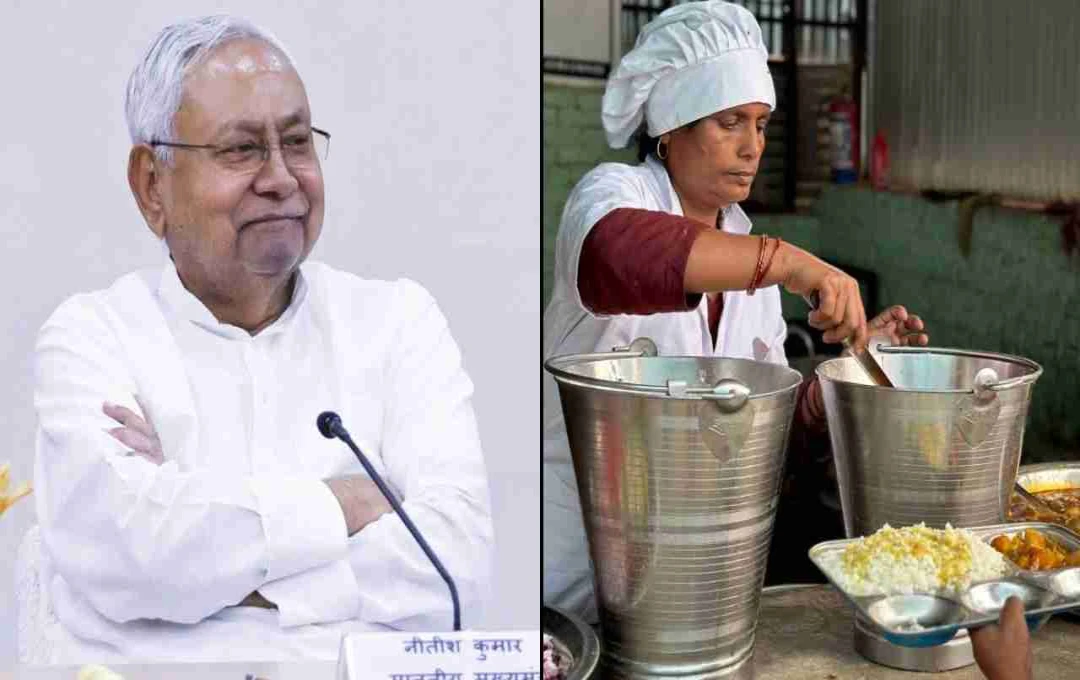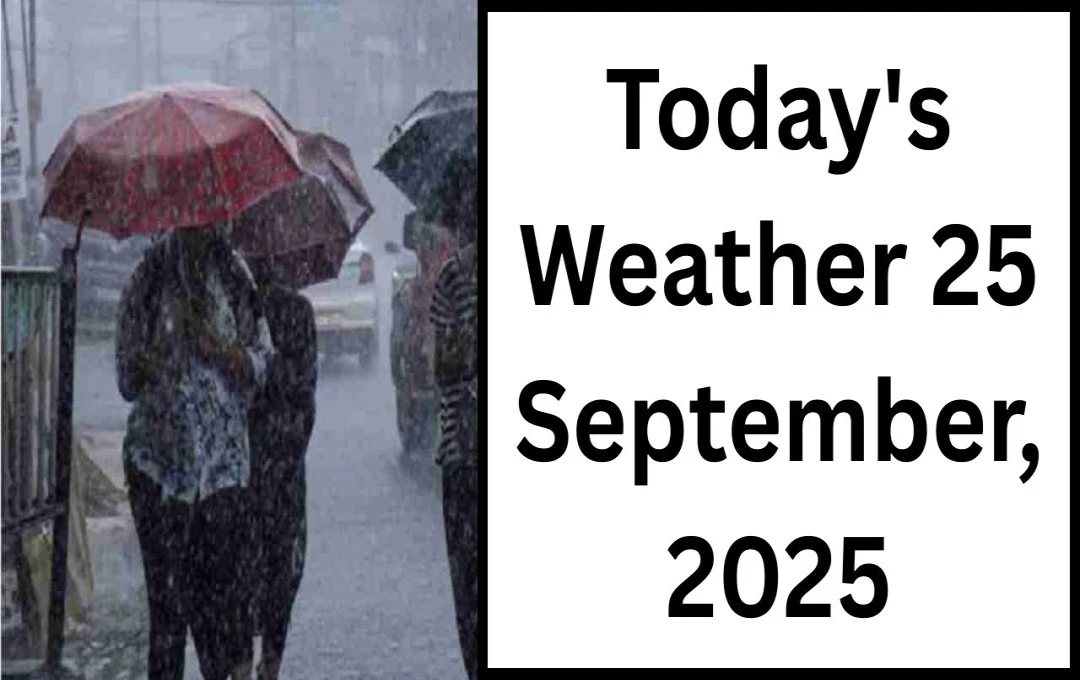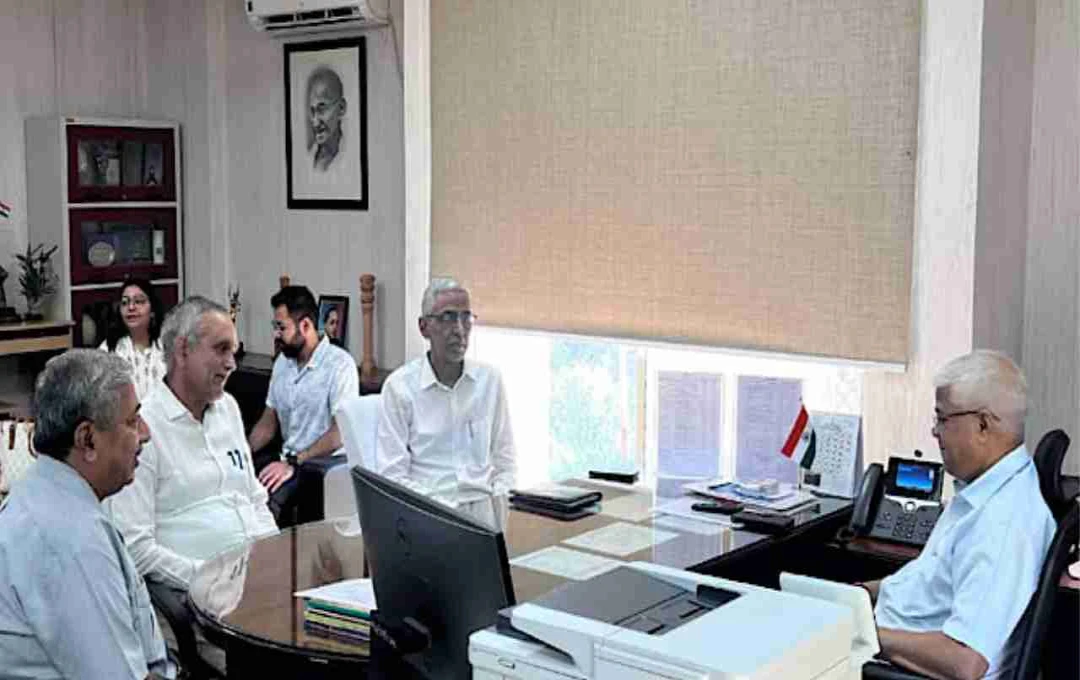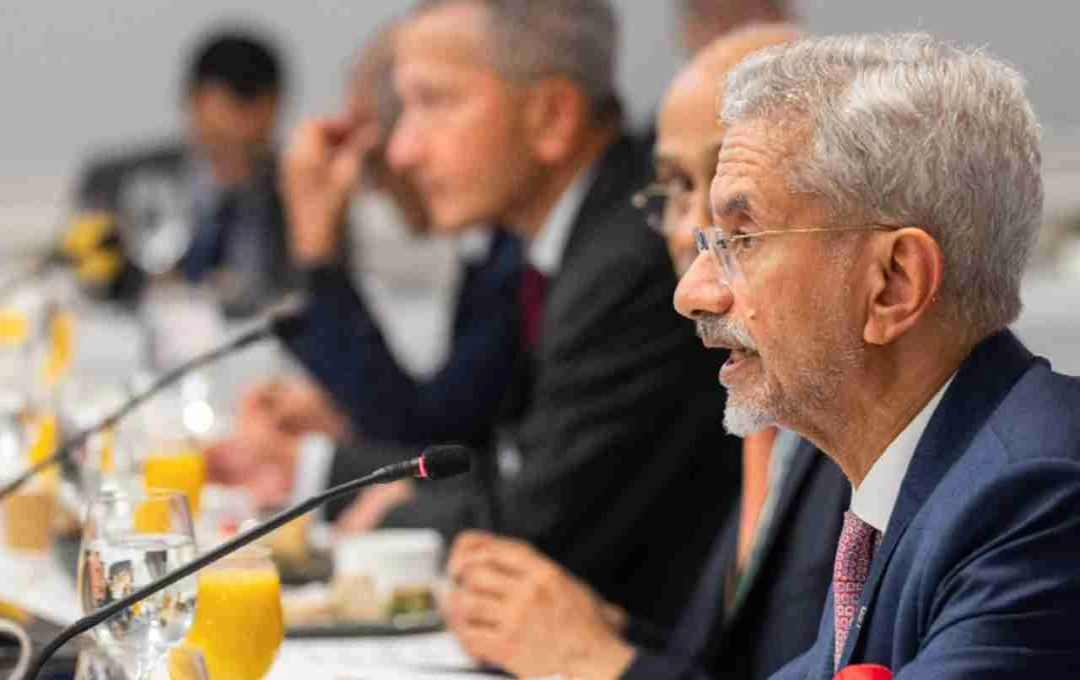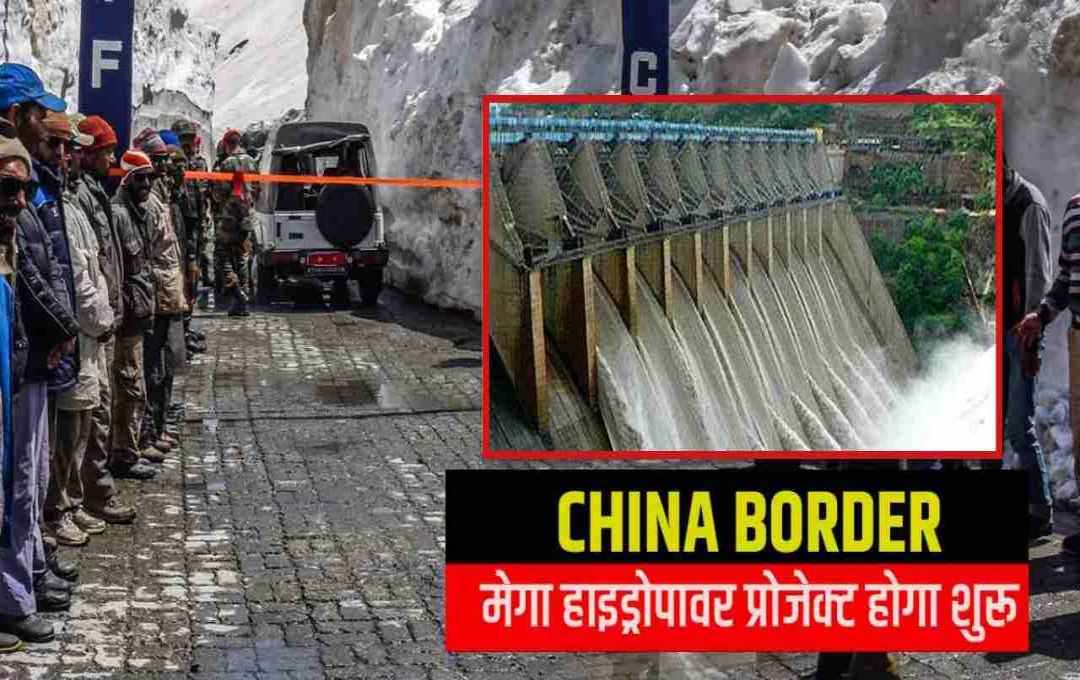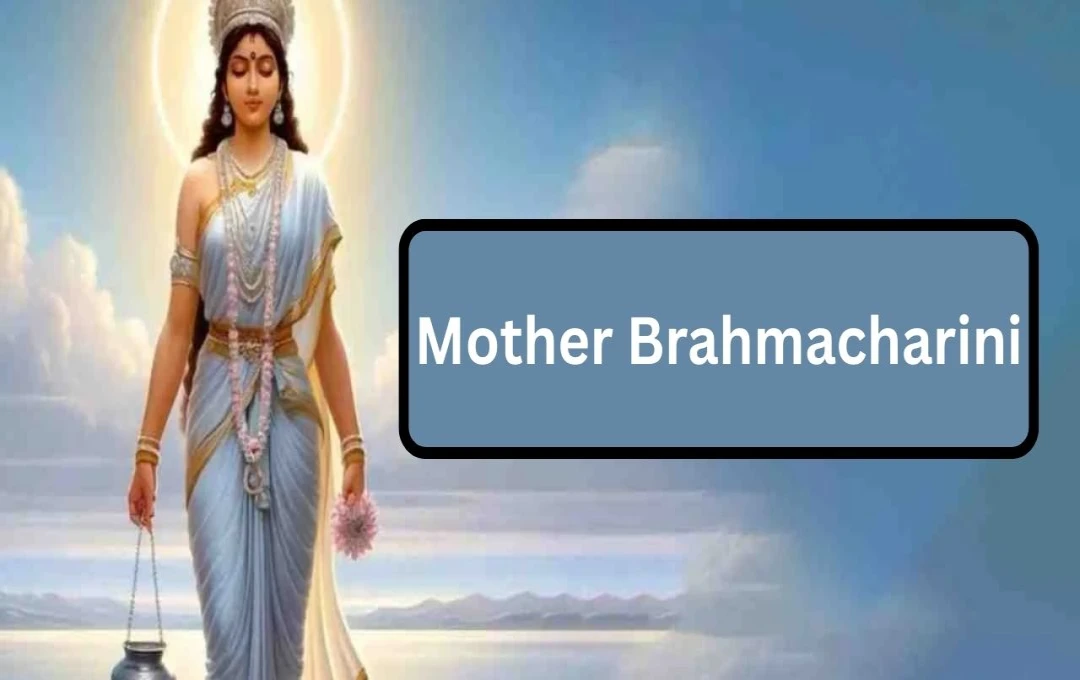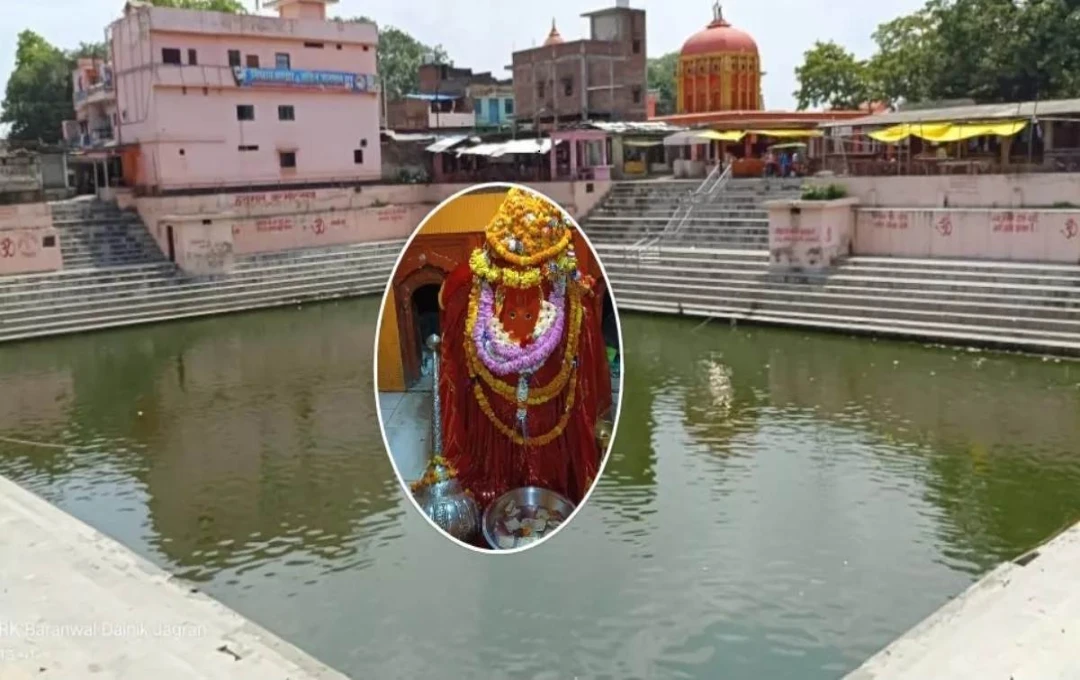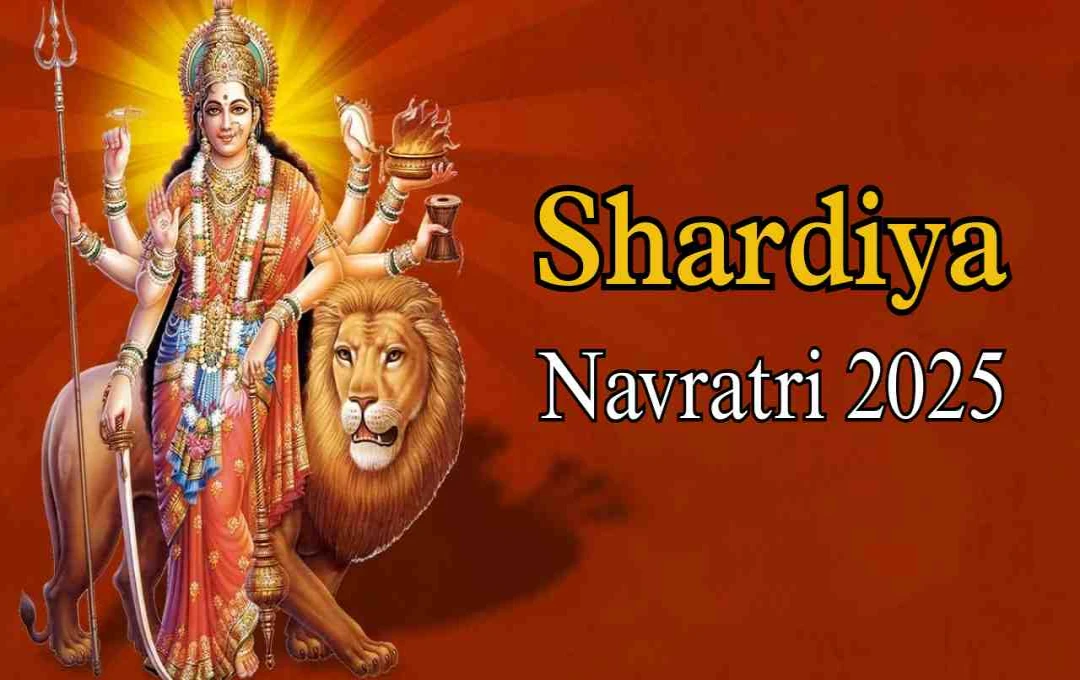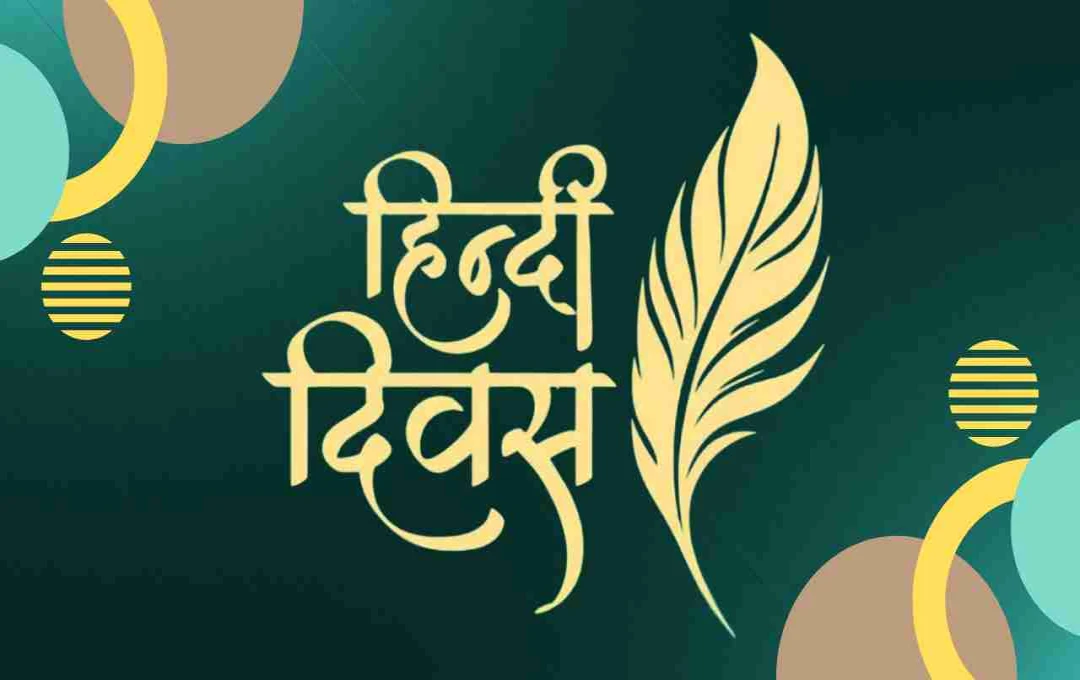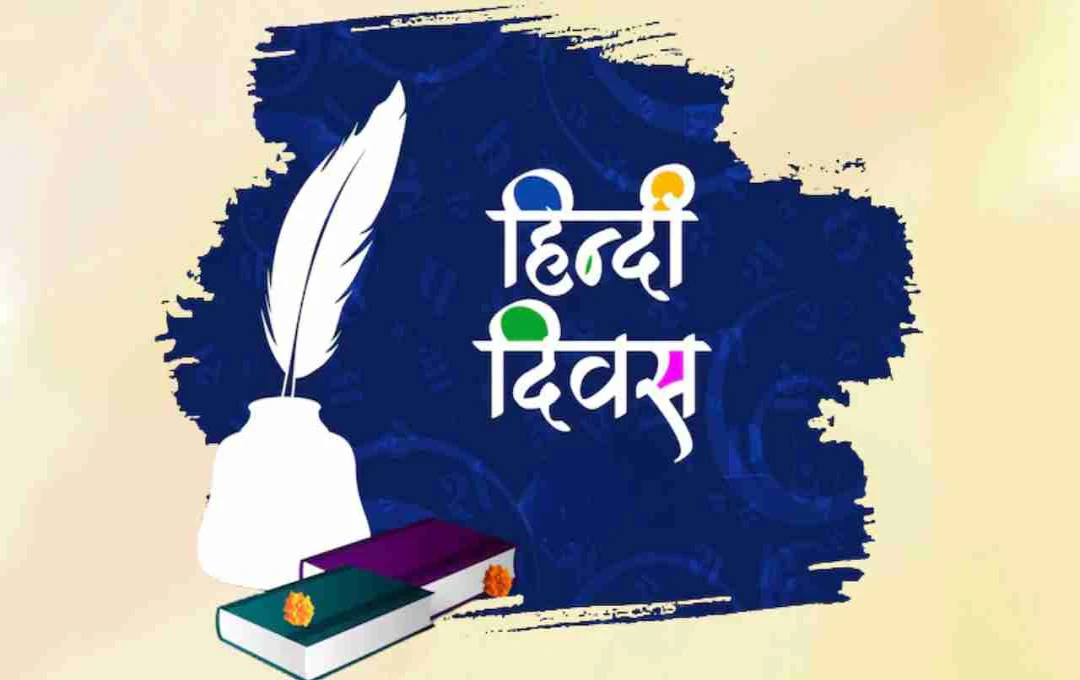The Karnataka High Court dismissed social media platform 'X''s petition, making compliance with the law mandatory in India. The court stated that takedown orders and content control fall within the government's jurisdiction.
Karnataka: The Karnataka High Court has delivered a significant verdict by dismissing the petition filed by social media platform 'X'. X had challenged the Central Government's takedown orders, but the court explicitly stated that all social media platforms operating in India must comply with the country's laws. This decision is considered crucial from the perspective of regulating social and digital media.
Why did X challenge?
X filed a petition in the Karnataka High Court, arguing that Section 79(3)(b) of the Information Technology Act, 2000, does not empower government officials to block any content. The company contended that such takedown orders could only be considered valid under Section 69A and the Information Technology (Procedure and Safeguards for Blocking for Access by Public of Any Information) Rules, 2009.
Furthermore, X also requested the court to halt punitive actions by various ministries against it and to not compel it to join the government's 'Sahyog' (Cooperation) portal.
Hearing on the Petition
The hearing on X's petition lasted for months. After the arguments concluded, the court reserved its judgment on July 29. During this period, the court also noted that the regulation of communication in digital and social media has always been a subject of government and administration.
Justice M Nagaprasanna, while pronouncing the order, stated that the dissemination of information and communication has always been subject to control and regulation. Regardless of the medium, its security and control are the responsibility of the government.
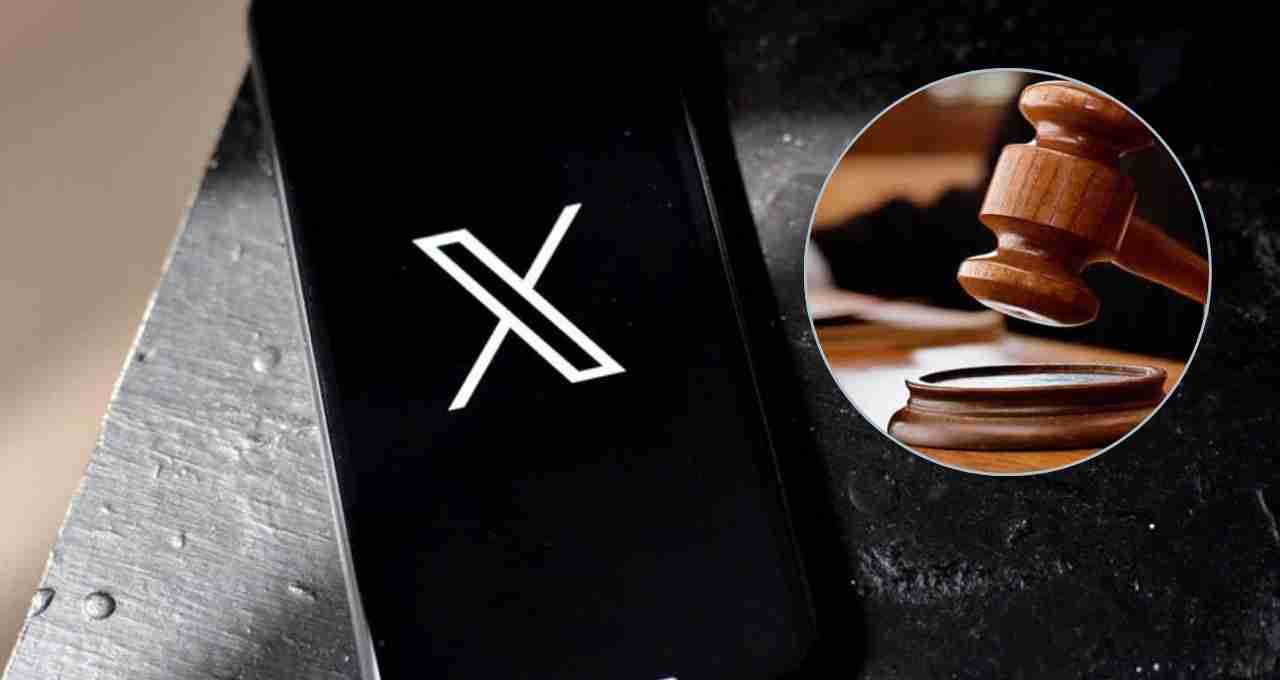
Court's Main Argument
The court clarified that social media platforms like X, operating in India, fall within the purview of Indian laws. Takedown orders and measures to control content are within the jurisdiction of the Government of India.
The court stated that it is important to note that social media platforms are merely technical mediums, but the information and content disseminated through them impact society. Therefore, compliance with regulations and laws is the platform's responsibility.
Why is compliance with law necessary on digital media?
The rapidly increasing influence of digital and social media in India is posing new challenges for the government. Considering issues like fact-checking, fake news, hate speech, and online harassment, compliance with laws has been made mandatory for platforms.
Cooperation between Government and Social Media Platforms
The government has already stated that digital platforms must cooperate for the safety of citizens and in the public interest. Under this, takedown orders and joining the 'Sahyog' (Cooperation) portal are mandatory. This step ensures online safety and the protection of civil rights in India.
What is a Takedown Order?
A takedown order means removing or blocking any content, post, or information from the internet. This order is issued by the Government of India, and under it, platforms are required to remove any disputed or illegal material.
Under Section 79(3)(b), platforms remain protected only as technical intermediaries, but actual control and orders fall under Section 69A and its related rules.



